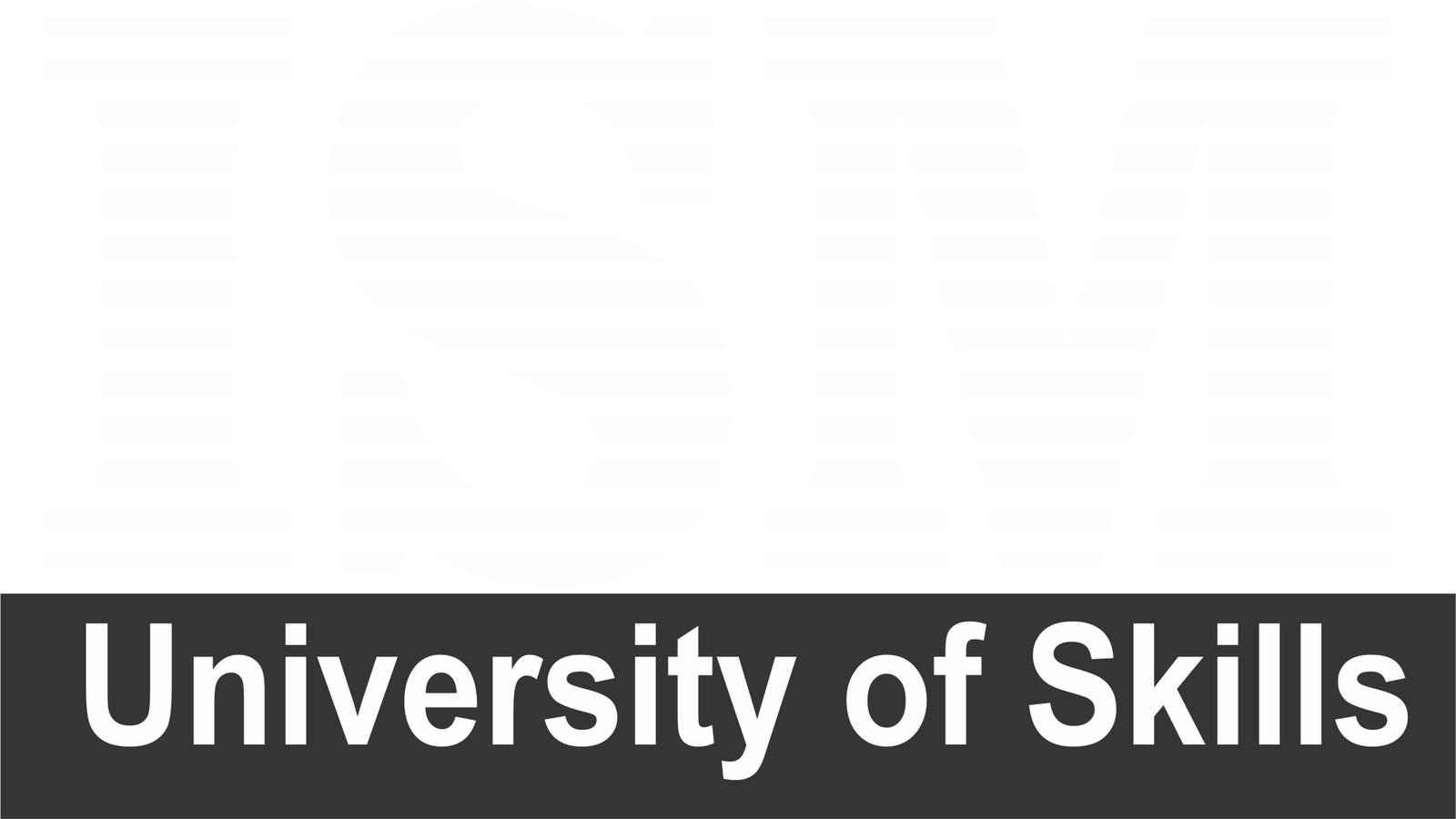Our lives, our work, and our interactions with the world have been transformed by the Internet of Things (IoT). In various industries, this network of interconnected devices and sensors has created numerous opportunities. Professionals with the right skills and expertise are in high demand as IoT continues to expand its reach. We’ll explore IoT professionals’ job market dynamics, the skills they’re in demand for, and the industries that fuel their success in this article.
The IoT Boom
Over the past decade, the IoT market has experienced explosive growth. Statista estimates that 75 billion connected devices will be in use worldwide by 2025, up from 15 billion in 2015. Advances in technology, such as 5G connectivity, artificial intelligence (AI), and edge computing, have made it possible to connect and analyze data from an ever-increasing number of devices.
Leading industries
Numerous industries are leveraging IoT to improve efficiency, reduce costs, and enhance customer experiences. Some of the key sectors at the forefront of IoT adoption include:
Smart Manufacturing: IoT is revolutionizing manufacturing processes through predictive maintenance, quality control, and supply chain optimization. Professionals in this field are in high demand to design and implement IoT solutions that maximize productivity.
Healthcare: IoT devices are transforming patient care through remote monitoring, wearable health tech, and smart medical devices. Healthcare professionals with IoT expertise are needed to ensure the secure and efficient operation of these systems.
Agriculture: Precision agriculture relies on IoT sensors and data analytics to optimize crop management, irrigation, and livestock monitoring. IoT specialists in agriculture help farmers increase yields while conserving resources.
Smart Cities: Urban areas are adopting IoT technologies for traffic management, waste management, energy efficiency, and public safety. Smart city planners and engineers are in demand to create sustainable and connected urban environments.
Logistics and Transportation: IoT plays a critical role in tracking and managing the movement of goods and people. Professionals skilled in IoT are needed to enhance logistics and transportation systems’ efficiency and safety.
Energy and Utilities: The energy sector uses IoT for grid management, renewable energy integration, and monitoring of power consumption. IoT experts help drive the transition to cleaner and more efficient energy sources.
Skills in Demand
To succeed in the IoT job market, professionals need a diverse set of skills, including:
Hardware and Software Development: Proficiency in developing IoT hardware components and writing software to manage and analyze data is crucial.
Data Analytics and Machine Learning: IoT generates vast amounts of data, and professionals who can extract valuable insights using data analytics and machine learning are highly sought after.
Cybersecurity: As IoT devices are vulnerable to cyberattacks, professionals skilled in IoT security are essential to protect sensitive data and maintain system integrity.
Cloud Computing: Knowledge of cloud platforms such as AWS, Azure, and Google Cloud is important for managing the data generated by IoT devices.
Networking: Understanding networking protocols and wireless technologies is fundamental to IoT connectivity.
Domain Knowledge: Industry-specific knowledge is vital to design and implement IoT solutions that address unique challenges in various sectors.
Conclusion
With IoT technology spreading rapidly across diverse industries, job opportunities for IoT professionals are booming. IoT experts will be in greater demand as the world becomes more connected. IoT job opportunities abound for hardware engineers, data scientists, cybersecurity specialists, and domain experts who are willing to embrace and contribute to this transformative technology. IoT-enabled innovation can be shaped by those who have the right skills and knowledge.

